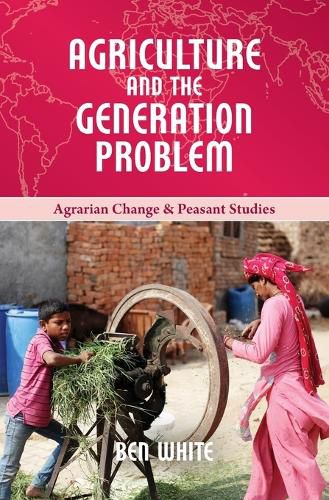Readings Newsletter
Become a Readings Member to make your shopping experience even easier.
Sign in or sign up for free!
You’re not far away from qualifying for FREE standard shipping within Australia
You’ve qualified for FREE standard shipping within Australia
The cart is loading…






Despite predictions that they are destined to disappear, smallholder or family farms still number more than 500 million worldwide, and account for 80 percent of the world’s food. However, smallholder farmer populations are ageing, and many of them have no successor. Young rural men and women are turning away from farming in favour of more urban livelihoods, but others, who would like to farm, are confronted by the narrowing and sometimes complete closure of access to land, along with other barriers to their entry into farming.
In this unique exploration of relations between the generations in agrarian societies, Agriculture and the Generation Problem examines the dynamics of the transfer of agrarian resources and opportunities between the generations in rural communities, and argues that we must take generational relations seriously if we are to understand the future of farming and the fate of future generations in rural areas.
$9.00 standard shipping within Australia
FREE standard shipping within Australia for orders over $100.00
Express & International shipping calculated at checkout
Despite predictions that they are destined to disappear, smallholder or family farms still number more than 500 million worldwide, and account for 80 percent of the world’s food. However, smallholder farmer populations are ageing, and many of them have no successor. Young rural men and women are turning away from farming in favour of more urban livelihoods, but others, who would like to farm, are confronted by the narrowing and sometimes complete closure of access to land, along with other barriers to their entry into farming.
In this unique exploration of relations between the generations in agrarian societies, Agriculture and the Generation Problem examines the dynamics of the transfer of agrarian resources and opportunities between the generations in rural communities, and argues that we must take generational relations seriously if we are to understand the future of farming and the fate of future generations in rural areas.